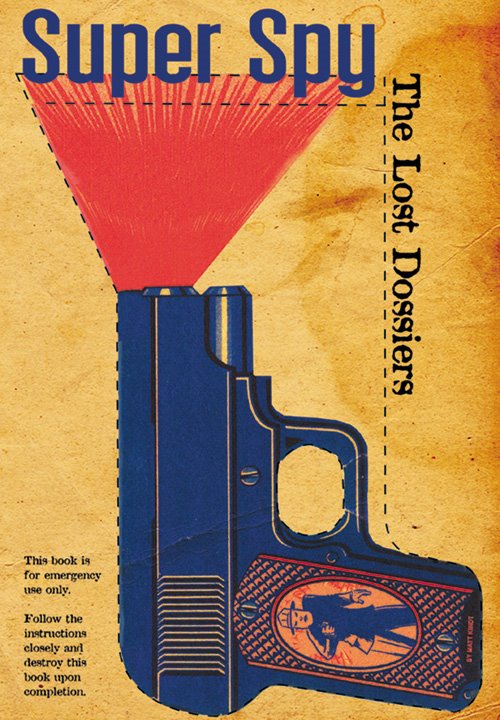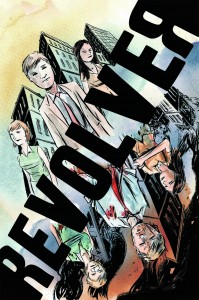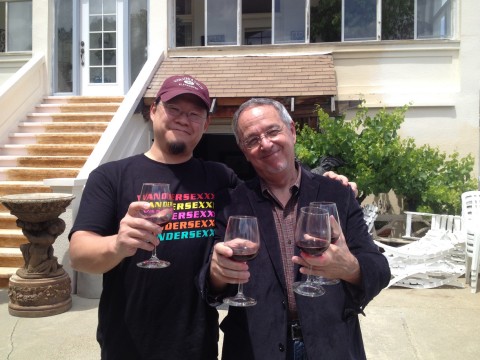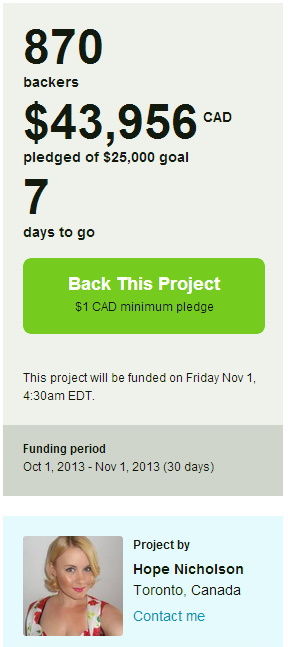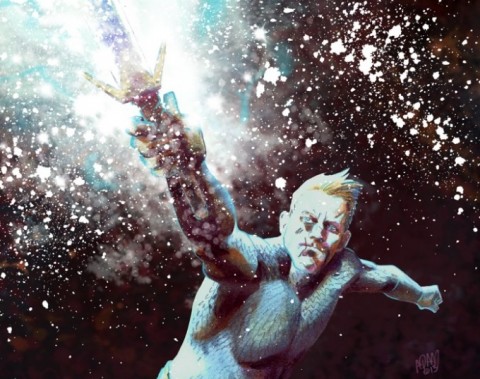Matt Kindt has quickly become one of the more dynamic comic book creators working today. Over the course of three books Super Spy, Two Sisters and the recently released Super Spy: the Lost Dossiers – He has given us intricately linked stories about spies during world war two and the toll it can take on their psyches.
Kindt’s artwork is a love child of Osama Tezuka’s exaggerated view points and Alex Toth’s classic line work. His layouts and storytelling techniques are a slapdash mix of everything imaginable; from multiple point of views, Steranko-esque cutaways and a whole whack of others.
we got to catch up with Mr. Kindt at the Toronto Comic Art Festival.
Pete DeCourcy: So if you could just describe what Super Spy: The Lost Dossier is.
Matt Kindt: Super Spy: The Lost Dossier is sort of like a supplement to the main book, Super Spy. It’s got a whole section of annotations for Super Spy, but then there’s also a bunch of stand alone stories that I did that originally were going to be a part of Super Spy, but as I was editing it together I realized they didn’t fit the flow of the story. So they work as stand alone stories and instead of just wasting them I thought it would be nice to have an extra little book of those. Also, there’s a lot of things I do for conventions like a little hand made set of cards that you piece together like a big puzzle and it tells a story. So it was little hand made stuff I did that also tie into the book, but there’s no way to get those into a normal kind of book. The book is designed as annotations and also short stories, but then also like an activity book. You can cut this book a part and put it together.
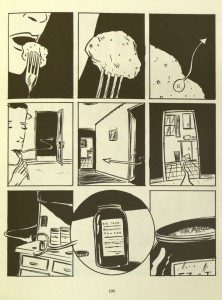 PD: That’s the thing. I actually had to buy two books just so I could cut out the start. Could you describe what that first chapter is, and what your goal was with it?
PD: That’s the thing. I actually had to buy two books just so I could cut out the start. Could you describe what that first chapter is, and what your goal was with it?
MK: The square pieces?
PD: Yeah, the map.
MK: Originally that started out as a kind of a challenge a friend of mine had given me. He wanted to do a web comic. I said I wasn’t really into the web comics unless you can do something that you can’t do in any other medium. I started thinking about that and I thought it would be cool to do a story where you can navigate it forward or backward, up and down. So I thought that’s what we’ll do. It will just be a story where we can go in any direction. The difficulty there was you then had to be able to read the story backward. It was a lot harder than I thought it would be. So I did that, and it was like a flash comic on the web. I thought there’s got to be a way to make something like that out of paper. So I thought that’s what I’d do and I made a set of 80 cards and then I made a little map that shows you how to put them together. When you do that it takes up a lot of floor space, but you put it all together and it’s just a big…
PD: At my store, we’re going to put in on paper and we’re actually going to frame it.
MK: Awesome! Send me a photo when you do that!
PD: I will, totally.
MK: I used to go to conventions when Super Spy was just coming out and I had hand made these little boxes full of the cards and I did one like that. I put it up on foam core and I had it sitting up but then it got messed up.
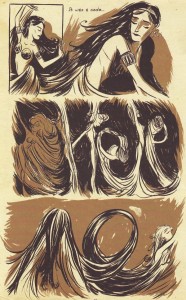 PD: Super Spy is a world you kept returning to, you’ve got the two sisters in there and now in Super Spy: The Lost Dossiers. Do you have any more plans for a sequel?
PD: Super Spy is a world you kept returning to, you’ve got the two sisters in there and now in Super Spy: The Lost Dossiers. Do you have any more plans for a sequel?
MK: Yeah! The sequel is written already. It’s called Super Natural. It’s set in the ’50s instead of the ’40s. One of the characters who dies in Super Spy is a ghost in Super Natural.
PD: Is it the Pipe Man?
MK: It’s not the Pipe Man, it’s the…this is a spoiler, so if you haven’t read the book yet…but it’s Maddie, the dancer, so she’s in it. When I was done with Super Spy, actually when I did Two Sisters, I was just going to do a whole series of spy graphic novels and Super Spy was the next one. After I got done with that I was burned out on spies, and I couldn’t think of any more spy stories and I got a different idea for doing a trilogy, a Super trilogy. So Super natural is the second one, in the Fifties and the third one is going to be Super Computer, and it’s Sixties and science fiction. There will be characters that interweave through all of those. I thought it would be fun and then I thought I don’t really like the supernatural! I don’t like ghosts! That’s not really a genre I was into. Spies was easy so it was a little harder to come up with a story that satisfied me, that had supernatural elements in it, but was still good. I think I figured it out.
PD: Switching gears, you’ve got Revolver coming out in what, about two months?
MK: It’s in July, so…
PD: I looked over some of it, can you basically describe the project and just give us a blurb of what it will be about?
MK: Yeah, it’s the first book I’ve done that’s modern day, which is kid of a shift for me and kind of fun. Finally people can talk on cell phones.
PD: You can fill a lot of stuff in story wise with that.
MK: Yeah, yeah. The story starts out when a guy wakes up, goes to his boring day job and he’s miserable all day. He’s kind of grumpy and his boss is terrible. He goes home, goes to bed and wakes up the next day, goes to work and when he gets to work, the world basically ends. There’s every kind of natural disaster, terrorist attacks, swine flu…everything just hits all at once – this confluence of events that happens. He ends up having to escape his building with his boss and ends up basically struggling for survival. So he’s with his boss and they get out of the city. He goes to bed that night, he wakes up the next morning and it’s back to normal again. So it’s his boring day job again with his boss, who he hates, but all of a sudden he has these memories of this other world. Every chapter flips back and forth – end of the world, boring regular world. So he flips back and forth and has to figure out what to do.
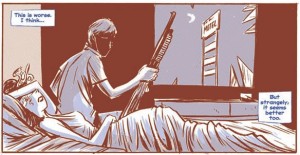 PD: Will that be shown in the colour scheme then?
PD: Will that be shown in the colour scheme then?
MK: Yeah, so the colour scheme is all structured to fit the story. So it’s dominant blues with brown highlights for the boring world, and then the end of the world stuff is flipped so it’s dominant brown with blue.
PD: What about the Tooth? When are we going to see the Tooth?
MK: The Tooth – I’m having a conference call with Oni next week to determine the release date on it. It’s done already, but I think they’re going to do something online, release it free online at first, and then the book is going to come out. Probably in the next week or two I’ll have a date for you.
PD: And that’s with Cullen Bunn, right?
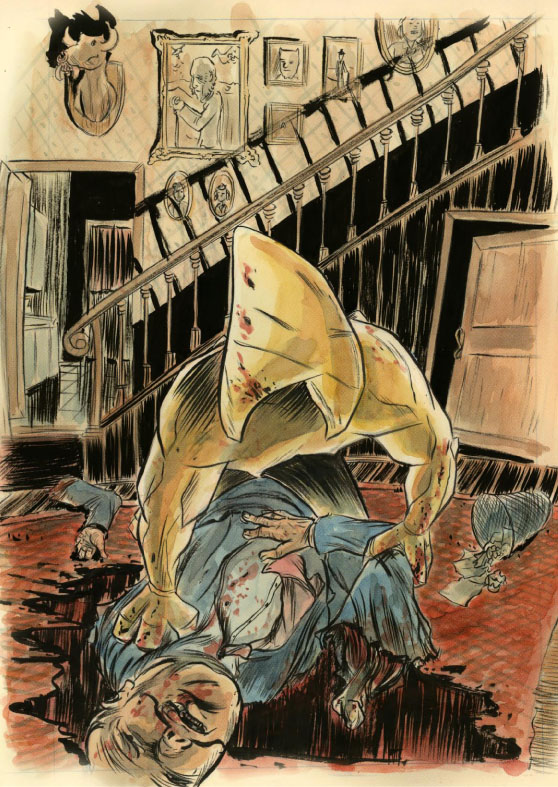
MK: Yeah
PD: Amazing. I just read the Sixth Gun. Fantastic.
MK: Did you? Yeah, it’s beautiful. Both of those guys, it’s like they really just hit their stride on that book. It’s awesome.
PD: Could you just describe your storytelling techniques? Because there is really nothing off limits for you in terms of your narrative.
MK: I don’t know. All I can think of when I’m reading a book or when I’m looking for a good book – the books that I’m attracted to have a lot of ideas in them. It’s not necessarily plot, I don’t really care about the plot so much. I don’t care about characters even so much. I care about good ideas – if it’s an interesting way to tell the story or a good concept. That’s the kind of stuff I’m attracted to when I’m reading a book. When I’m working on a book I feel like I want to jam as many ideas as I can into it, but also have a plot and characters you care about and just try to get it to all work together. I had a day job as a graphic designer for ten years and so to me, that’s part of it too. The design of the book is as important to me as a character in the book. The way that book is presented is telling a story as much as any words or anything in the book. To me I think a book is like this weird living thing almost. Every part of it is part of the story.
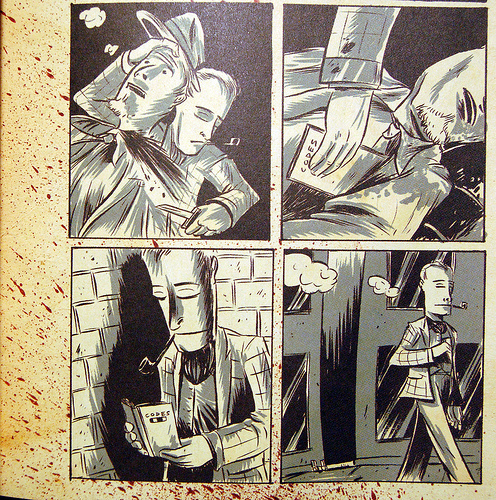
PD: There’s a lot of techniques that I think would make Eisner really proud. I think you are pushing how we read books. If it’s just cutting something out – in PistolWhip, you’ve got transcripts of dialogue. I was curious to, I don’t want to say come up with the ideas, but how you know that a certain technique or medium is going to work for your ideas.
MK: You know, when I first got into comics I was attracted to the medium because I really loved movies, but I realized I can’t do movies. I’m not good at working with others and directing people or any of that stuff so I was like “I can’t do movies”. So I think initially I thought I’d do comics because it’s similar. But then as I started doing comics I’m realizing that’s terrible. I don’t want to do comics as my backup plan! So then I started approaching comics with “what can comics do that I can’t do anywhere else? What can’t I do in movies or books?” So every book I do approach that way. “What can I do here?” I have the story. The story part is easy to me. It’s how to tell it in a way that is unique to comics is the fun part, and also the hard part. Really the story, I let it dictate how it’s going to be presented. I don’t know if that answers the question.
PD: No, it does. You go back to movies – I see really strong French New Wave with Goddard, Giroux, influence in your books, just in the sense of the jumping around, you’ll replay scenes from a different point of view. It’s just really interesting. It’s really exciting to see because there’s not a lot of people doing that right now and it’s very specific to your books. I mean even with Three Story, which was a fantastic read – I reread it last night, the whole time I’m thinking there’s something very special about reading these books that you can only get in a comic book. As much as I want to say that visually it’s like a movie, it’s very special to comic books. I don’t see it as a backup plan, I think it’s very special.
MK: thanks.
PD: Well, thanks very much for the interview and I can’t wait to get my hands on Revolver.
You can check out more of Matt Kindt’s over at his blog www.mattkindt.com.
Pete DeCourcy is EiC of ComicBookDaily.com. He tumbls over at You Practically Rock and writes for The Simple Art of Crime. If you have any questions or demands of him, he can be reached via email at pdecourcy[at]comicbookdaily[dot]com

